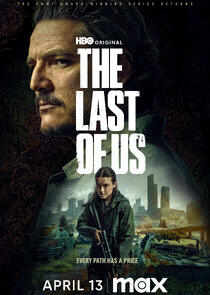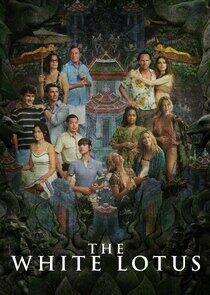The Day the Universe Changed - Season 1
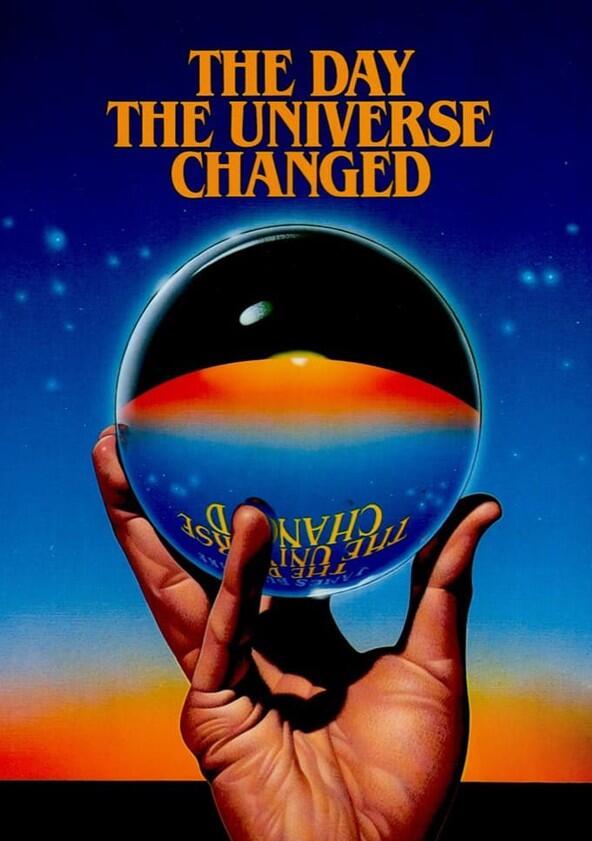
Season 1
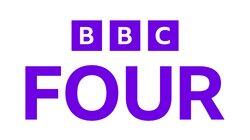
Episodes

The Way We Are: It Started with the Greeks
Five hundred years ago, people looked at the dawn and thought that they saw the Sun going round the Earth. If that seems stupid, ask what it would look like if it did go round the Earth. Exactly the same. It's your knowledge that tells you what you're seeing. You are what you know. When your knowledge changes, you change, and so does the universe.
From the US Air Defence Centre in Colorado to Mount Everest and the Greek Islands, the first of ten programmes illustrates this basic theme of the series. It shows how to read the present for clues about what the universe used to be. And each time the universe changed, it gave us a part of modern life - helping to make us the way we are.

In the Light of the Above: Medieval Conflict: Faith and Reason
Late in the 11th century a band of marauding mercenaries looted the Spanish Arab city of Toledo. What they found there shook Christian Europe to its foundations.
In mountain-top monasteries, the flame of learning had been kept alive in a sea of Dark Age ignorance. But this universe was changed forever by the treasure from Toledo that came across the Pyrenees. In Italy it gave us law and university life; in France the towering Gothic cathedrals. And in the dawn light of the north African desert it showed us how to make a rainbow.

Point of View: Scientific Imagination in the Renaissance
In the early 15th century most people thought the earth was flat. Then some social climbers from Florence went on a cultural package tour to Greece, while a Florentine architect tried his hand at painting, and the result was a new kind of geometry which was to change the world.
Art and architecture were transformed almost overnight. Town planning was born. And as the earth itself began to change shape, came an earth-shattering discovery in the Atlantic....

A Matter of Fact: Printing Transforms Knowledge
The 15th-century world was one of magic, mime and memory. Bible stories were told in pictures on church walls; news was broadcast in song by bands of wandering troubadours; when people died, what they knew died with them. Then, sometime around 1450, a German goldsmith and small-time entrepreneur came up with one more idea to make a few quick pfennigs. In doing so, he changed the world and took away our memories forever. His secret invention ushered in a new world of standardised technology.
It shook the Catholic Church, and made Martin Luther a household name. It spread news like wildfire; what was fashionable in Florence became fashion in France. And vague memories became a matter of hard fact. Find out the goldsmith's secret....

Infinitely Reasonable: Science Revises the Heavens
In 1545 the Pope called an emergency summit in the Italian city of Trento. The idea was to deal with growing threats to the authority of the Catholic Church. Predictably a book on astronomy just published by a Polish priest was hardly noticed. But a century later the book had been banned, its teaching forbidden, and it had plunged the Church into crisis.
When the dust finally settled, the universe was a different place. Because of that book and the events which followed we can explain the curved path of a cannon ball, say what time the sun will rise tomorrow, put men on the moon, and predict a heavenly visitation early in 1986...

Credit Where It's Due: The Factory and Marketplace Revolution
When 'Rule Britannia' was written in 1740 fine weather, bumper harvests and slave plantations were putting more and more money into the pockets of the English aristocracy. It took a group of religious fanatics using the Dutch banking system to work out what to do with all the cash.
By the time these social outcasts had finished investing other people's money into their own profit-making plans, the old rural England had gone for good. Modern commercialism had arrived. In its wake packhorses gave way to a mass movement; afternoon tea became a five-course meal; and the Scottish distilleries provided the drive to turn the landscape inside out.

What the Doctor Ordered: Impacts of New Medical Knowledge
In 1831, in the English port of Sunderland, a man called Bill Sproat collapsed and died. No one knew why. Soon hundreds, then thousands, were dead across the country - and panic spread.
What was the mystery killer? And how could it be stopped? It took a revolution in medicine to provide the answers - and those answers changed us all. But how did Benjamin Franklin get involved? And why did everything depend on Victorian engineering? And what did doctors discover which means that today we should all be entries on a computer?

Fit to Rule: Darwin's Revolution
In the 1730s a Swedish botanist trudged through Arctic Lapland in an attempt to show that nature never changed. His journey was the first step in a trail that led through the Paris zoo, past an Oxford professor who ate mice and, among the shellfish under Mount Etna, to a new theory that proved the reverse: nature never stood still.
The new theory finally broke the Church's power over science; it was seized on by the great political thinkers; and it gave us the modern world of constant change, where 'the newest survives' rules our lives.

Making Waves: The New Physics: Newton Revised
In 1800, scientists thought they had little left to learn.
The universe and the laws it obeyed lay before them like an open book, and then an Italian called Volta invented an electric battery and began a series of events across Europe and the United States that slowly undermined the whole elaborate scientific structure. By 1900, the structure was in ruins. The geniuses who put the universe back together created a new science divorced from common sense. Their science has given us the digital watch and the computer - but for most of us its language is gobbledegook. And worst of all, it suggests that the truth that we have been searching for all this time isn't there....

Worlds Without End: Changing Knowledge, Changing Reality
In a barn on a Scottish hillside some time around 1600, a woman has been tortured by elders of the church. Their logic now demands that she should pay a final terrible penalty. They know there's no alternative. We know that their decision is barbaric. Not only that but we know that we are right and they are wrong.
But how are we so sure? The final programme of the series asks why we assume that in science we have the first objective version of the truth. Is our truth really 'better' than any other? And if it's not, is knowledge only what we make it? Is all discovery really invention?
Recently Updated Shows
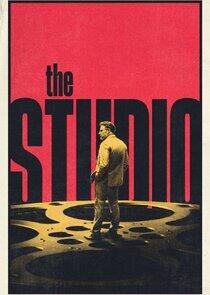
The Studio
As movies struggle to stay alive and relevant, Matt and his core team of infighting executives battle their own insecurities as they wrangle narcissistic artists and craven corporate overlords in the ever-elusive pursuit of making great films. With their power suits masking their never-ending sense of panic, every party, set visit, casting decision, marketing meeting, and award show presents them with an opportunity for glittering success or career-ending catastrophe. As someone who eats, sleeps, and breathes movies, it's the job Matt's been pursuing his whole life, and it may very well destroy him.
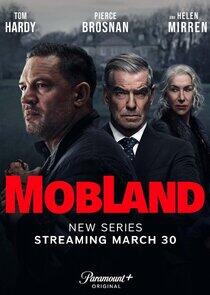
MobLand
With the most powerful clients in Europe, MobLand will see family fortunes and reputations at risk, odd alliances unfold, and betrayal around every corner; and while the family might be London's most elite fixers today, the nature of their business means there is no guarantee what's in store tomorrow.
MobLand follows two generations of gangsters, the businesses they run, the complex relationships they weave and the man they call upon to fix their problem.
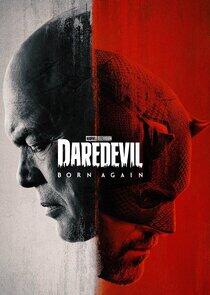
Daredevil: Born Again
Matt Murdock finds himself on a collision course with Wilson Fisk when their past identities begin to emerge.
